
PBF takes wary approach to fuel rebound
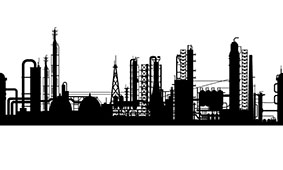
The company planned to restart or reconfigure fuel producing units to meet rising gasoline demand and limit output of lower-demand diesel and jet fuels, the company said in a quarterly earnings call. That work would not significantly raise crude rates as the industry warily manages product stockpiles.
"Our competitors, in their calls, have recognized and acknowledge that they are not going to swallow the bait," said PBF chief executive Tom Nimbley. "They are going to be very tempered in making sure that any recovery in demand is going to be sustainable before they increase runs."
A fluid catalytic cracking (FCC) unit idled for weeks beginning in March at PBF's 170,000 b/d refinery in Toledo, Ohio, would soon restart to produce gasoline, PBF said. But cracking diesel into gasoline and other unusual, inventory-controlling methods would only increase crude throughputs there by 2,000-3,000 b/d, Nimbley said.
The company's 157,000 b/d Martinez, California, and 190,000 b/d Chalmette, Louisiana, refineries managed to operate their FCCs at lower levels than previously thought. PBF shut diesel-focused hydrocracking units at Martinez and its 190,000 b/d refinery in Torrance, California.
The refiner slashed jet fuel production by more than 90pc, from 90,000 b/d to 8,000 b/d. PBF may use hydrocrackers to process jet fuel or other distillates into some gasoline going forward if demand requires it.
The company estimated second quarter throughputs of 650,000-750,000 b/d or 70pc of capacity. PBF did not break out regional crude processing estimates for the quarter.
Low product demand would keep narrow crude quality discounts for heavy crudes compared to light, and for sour crudes relative to sweet, Nimbley said. Neither Mexico's Maya heavy sour or Saudi Arabia's medium sour exports were competitive in the US market. Canadian heavy, sour crude faced "a tough business" without demand, he added.
A slow recovery in US light, sweet production and faster pick up in product demand would widen those differentials again. Medium sour crudes would become the swing barrel.
But all of that would be led from a recovery in fuel demand, he said.
"One of the things we should really learn from what we have seen here, and I am not sure we will, is that crude has no value unless it can find its way inside a refinery," Nimbley said.
By Elliott Blackburn


BHP, Vale accused of ‘cheating’ UK law firm out of $1.7 billion in fees
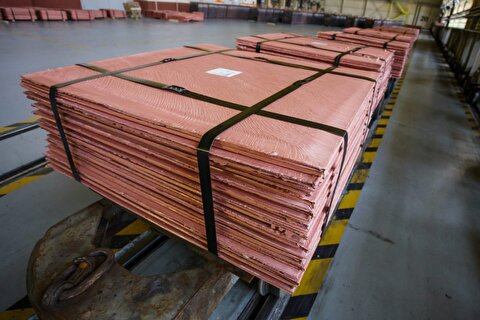
Trump tariff surprise triggers implosion of massive copper trade

Eldorado to kick off $1B Skouries mine production in early 2026

Newmont nets $100M payment related Akyem mine sale
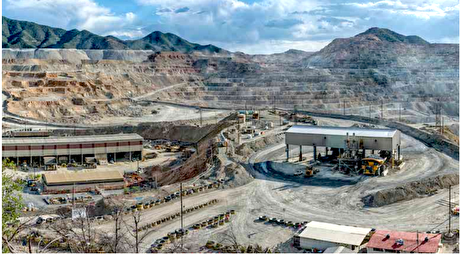
Southern Copper eyes $10.2B Mexico investment pending talks

Copper price collapses by 20% as US excludes refined metal from tariffs

St Augustine PFS confirms ‘world-class’ potential of Kingking project with $4.2B value

Maxus expands land holdings at Quarry antimony project in British Columbia

First Quantum scores $1B streaming deal with Royal Gold

Caterpillar sees US tariff hit of up to $1.5 billion this year
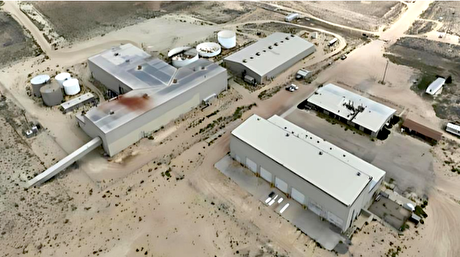
Uranium Energy’s Sweetwater plant on fast track for in-situ mining approval
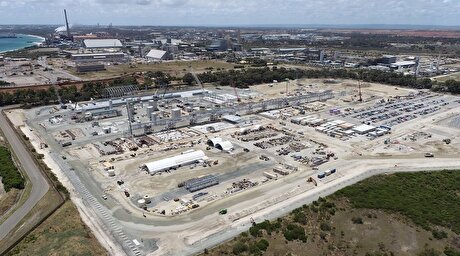
Tianqi Lithium Australia JV says it is prioritizing long-term viability of refinery

First Quantum scores $1B streaming deal with Royal Gold
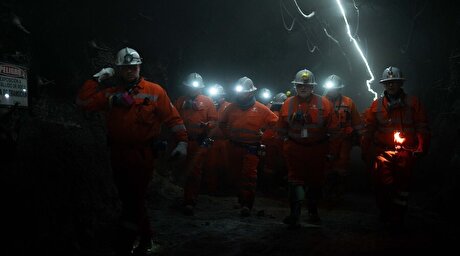
One dead, five missing after collapse at Chile copper mine

Eldorado to kick off $1B Skouries mine production in early 2026

Newmont nets $100M payment related Akyem mine sale

Idaho Strategic rises on gold property acquisition from Hecla

Goldman told clients to go long copper a day before price plunge

Gold price rebounds nearly 2% on US payrolls data

Caterpillar sees US tariff hit of up to $1.5 billion this year

Uranium Energy’s Sweetwater plant on fast track for in-situ mining approval

Tianqi Lithium Australia JV says it is prioritizing long-term viability of refinery

First Quantum scores $1B streaming deal with Royal Gold

One dead, five missing after collapse at Chile copper mine

Eldorado to kick off $1B Skouries mine production in early 2026

Newmont nets $100M payment related Akyem mine sale

Idaho Strategic rises on gold property acquisition from Hecla

Goldman told clients to go long copper a day before price plunge














